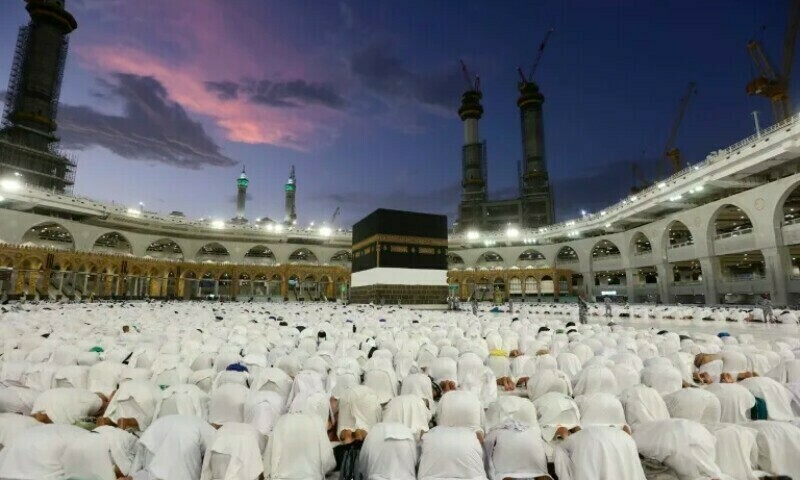

Religious Affairs and Interfaith Harmony Minister Sardar Muhammad Yousuf announced that around 90,000 people would perform Haj under the government’s scheme, state-owned Radio Pakistan reported.
In January, Pakistan and Saudi Arabia signed the annual Haj agreement between the two countries. Under the agreement, 179,210 Pakistani pilgrims will perform Haj this year.
Haj, one of the fundamental pillars of Islam, is performed each year by millions of Muslims worldwide. Pakistan receives one of the highest Haj quotas from Saudi Arabia.
Under Haj Policy 2025, a new portfolio of Nazim (administrator) has been introduced to facilitate the pilgrims. One Nazim will be appointed for each 100 pilgrims, who would be selected from among the welfare staff, as 1,000 seats would be allocated for hardship cases and 300 for labourers and low-income employees registered under the Employees Old-Age Benefit Institution or Workers Welfare Fund.
Speaking at a press conference in Lahore on Sunday about Hajj 2025 preparations, the minister said that Haj flights will begin from 28th of next month.
He said that officers from the religious affairs ministry will be present at airports across the country to assist pilgrims during their departure.
He emphasised that special focus is being given to the training of pilgrims so that they can avoid difficulties in Saudi Arabia, adding that the Saudi ministry for Haj had assured him of “excellent arrangements”.
Under the Government Haj Scheme, the traditional long stay will be of 38 to 42 days, and the short stay will be 20 to 25 days. Each organised private Haj group must consist of at least 2,000 pilgrims as per Saudi regulations.
The cost for the government scheme is expected to range between Rs1,075,000 to Rs1,175,000, while additional cost for the sacrifice will be Rs55,000.
Applicants opting for double-bed and triple-bed accommodations in Makkah will need to deposit an additional amount of Rs75,000 and 220,000 respectively.
The country’s 2025 Haj Policy states that women will be prohibited from performing Haj without the consent of their husbands or parents. Moreover, children below 12 would not be allowed to go for Haj and immunisation of vaccines approved by Saudi Arabia was mandatory.





